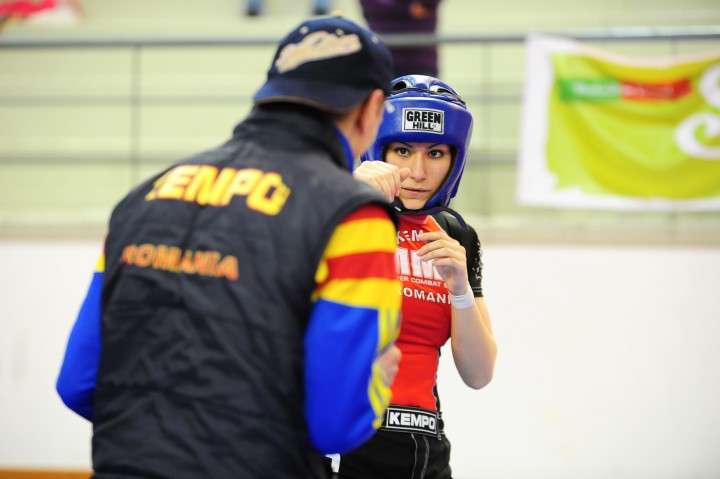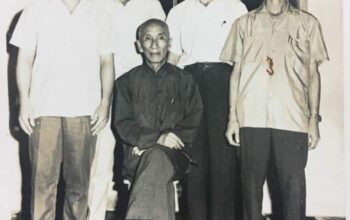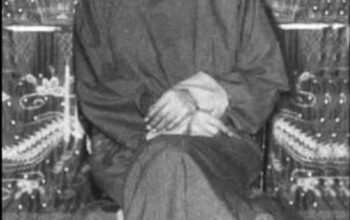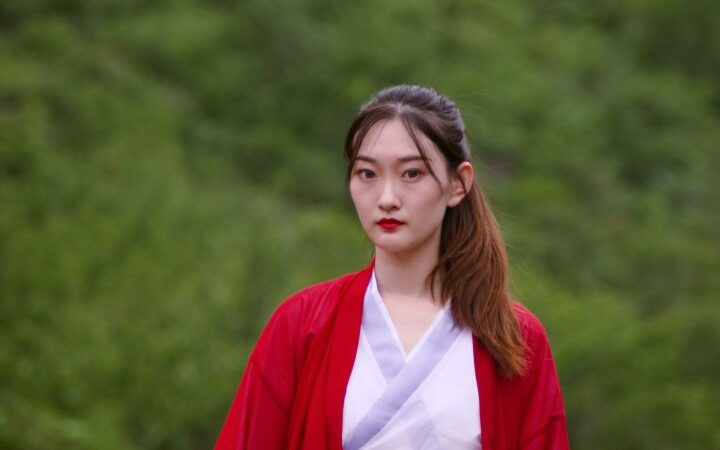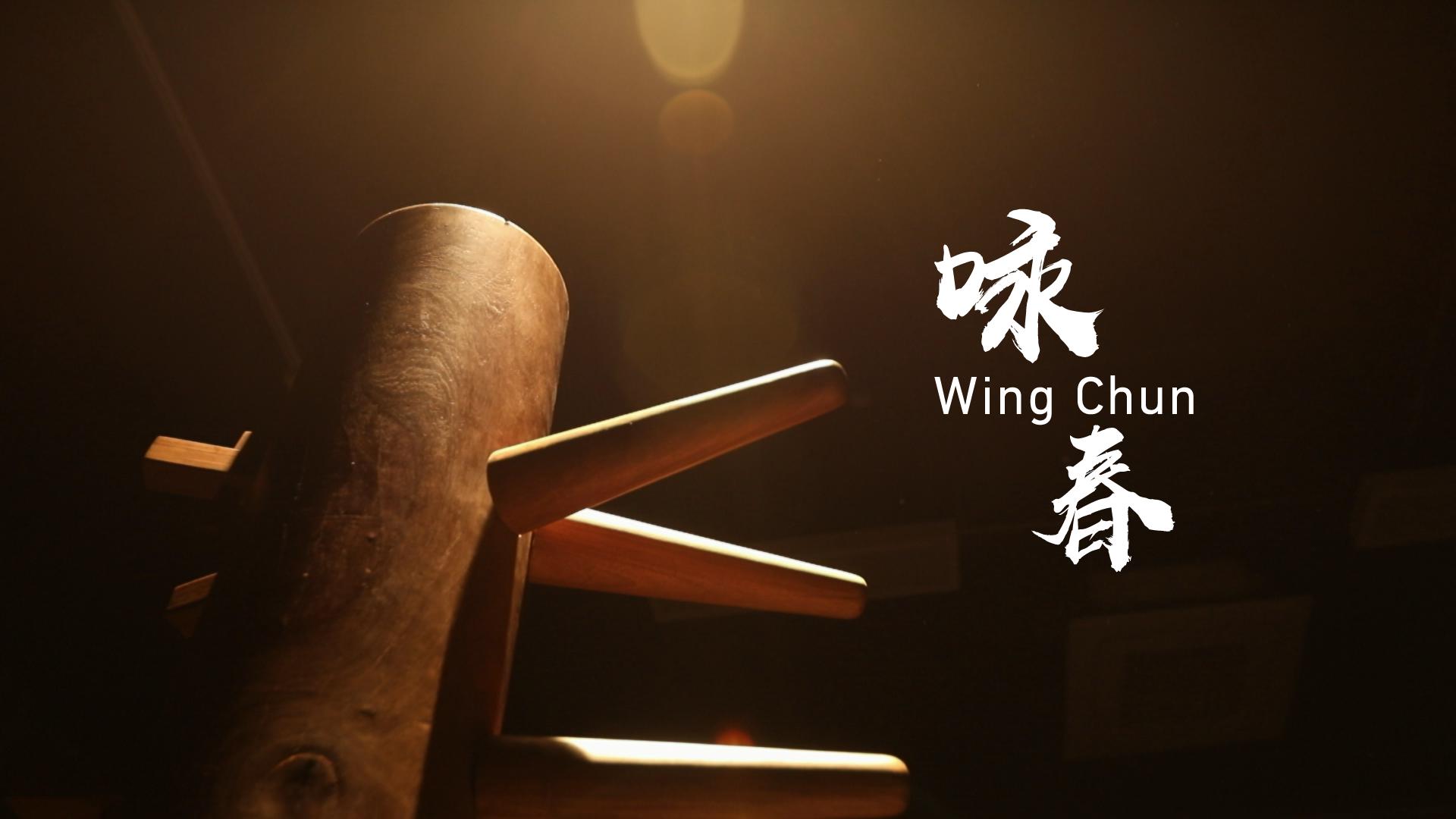Wing Chun, a traditional Chinese martial art, is renowned for its practicality, efficiency, and effectiveness in close-quarters combat. It is a style that emphasizes simultaneous attack and defense, with a focus on quick and precise movements. While Wing Chun is primarily known for its self-defense applications, the question arises: are there any Wing Chun competitions?
The practice of Wing Chun itself is not inherently competitive, as its primary purpose is self-defense rather than sport. However, in recent years, there has been an increasing interest in adapting traditional martial arts styles like Wing Chun into competitive formats. As a result, various Wing Chun competitions and tournaments have emerged, providing practitioners with an opportunity to showcase their skills, test their abilities, and engage in friendly competition.
One prominent Wing Chun competition is the International Wing Chun Championship (IWCC), organized by the International Wing Chun Organization (IWCO). This event attracts practitioners from around the world, allowing them to compete and exchange knowledge. The IWCC features different categories such as forms, Chi Sao (sticky hands) competitions, sparring, and weapon demonstrations. Competitors are judged based on their technique, speed, precision, and overall performance.
Another notable event is the World Wing Chun Championship (WWCC), organized by the World Wing Chun Union (WWCU). The WWCC is held biennially and showcases a wide range of Wing Chun styles, including traditional lineages and contemporary interpretations. This championship provides a platform for practitioners to come together, compete, and learn from each other. The event includes divisions for empty-hand forms, weapons forms, sparring, and even specialized categories like Wing Chun wooden dummy techniques.
In addition to these international competitions, many local and regional Wing Chun tournaments take place around the world. These events vary in scale and format, ranging from friendly gatherings among Wing Chun schools to more formal competitions organized by martial arts associations. Local tournaments often focus on specific aspects of Wing Chun, such as Chi Sao or wooden dummy training, allowing practitioners to demonstrate their proficiency in these areas.
While Wing Chun competitions offer a platform for practitioners to showcase their skills, it is important to note that they differ from mainstream combat sports like boxing or mixed martial arts (MMA). Wing Chun competitions typically prioritize technical proficiency, precision, and understanding of Wing Chun principles rather than brute force or aggression. The emphasis is placed on the application of Wing Chun techniques and the ability to adapt and respond effectively to different scenarios.
Participating in Wing Chun competitions can be beneficial for practitioners in several ways. It provides an opportunity to pressure-test their skills against opponents from different backgrounds, helping them refine their techniques and develop a deeper understanding of Wing Chun’s practicality. Competitions also foster a sense of community among practitioners, allowing them to forge connections, exchange knowledge, and inspire one another.
It is worth noting that not all Wing Chun practitioners are interested in or participate in competitions. Many individuals practice Wing Chun solely for self-defense, personal development, or physical fitness. The essence of Wing Chun lies in its practical applications and holistic approach to martial arts, which can be pursued without the need for competitive events.
In conclusion, while Wing Chun is primarily a self-defense-oriented martial art, there are indeed Wing Chun competitions and tournaments available for practitioners to participate in. These events provide a platform for practitioners to test their skills, learn from others, and foster a sense of community. However, it is important to remember that Wing Chun competitions are just one aspect of the broader practice, and practitioners have the flexibility to choose whether or not to engage in competitive events based on their personal goals and interests.
